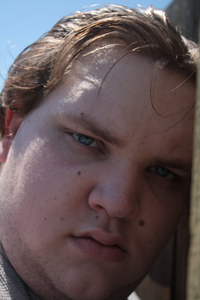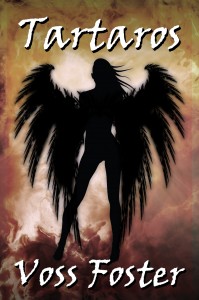This post is part of a virtual book tour organized by Goddess Fish Promotions. The author will be awarding a $20 Amazon/BN gift card to a randomly drawn winner. Click on the tour banner to see the other stops on the tour.
“One thing about people—they need to tell stories. They can’t stop themselves. Stories all the time. That’s how they understand things.” So said Coyote to Andrea, shortly after she died. Andrea had never believed in any kind of afterlife or gods, so she was surprised to find herself still somewhat alive, floating in the form of a ghost in the soft, dry desert air of Nevada. She was even more surprised to meet a supernatural being with a coyote’s face, antlers, and the supplies for making coffee.
“I don’t understand why I’m a ghost,” Andrea said.
Coyote set his coffee cup down on the dirt beside his rock. He glanced at Andrea, grimaced, and said, “Okay, I’ll try to explain. Since you humans like stories, I’ll try to explain that way. I’ll tell you some stories.”
So come along with Coyote and Andrea as they share stories about life and death, spiders in the bathroom and how Andrea lost her bra at a truck stop, enemy gods and pottery shards, adventures in vomit, what scientists say about dark matter and the fifth force, and other topics both sublime and ridiculous.
Enjoy an Exclusive Excerpt
For me high school wasn’t really about having adventures. It as more like missed opportunities. I was so shy, I literally didn’t make eye contact with people. I lived in my imagination, a classic case of a kid with imaginary friends. My imaginary friends were always in trouble doing exciting things, but I was a watcher, an eye. I floated through the day, watching other people and thinking.
I told myself stories all the time. While walking to school, while walking down the hall at school, while walking home, while swinging on the swing in the back yard, while laying in bed at night, I told myself full length serials, episode by episode. Funny thing is, I never once thought of writing the stories down. I didn’t think of myself as a writer.
Every now and then I came up for air and looked around at the real world. I remember climbing out the window of my bedroom and sitting on the roof of the room we called the study. I was fourteen or fifteen, and I remember thinking about how someday I was going to die. My life would end. I tried to make myself really realize the fleetingness of life, the inevitable nature of death, the relentless passage of time.
I remember looking at the pattern on the sleeve of my cotton blouse and telling myself that I would never ever forget that moment in time, just sitting on the roof and looking at a spot on my sleeve. Every moment counts because none will be repeated and sooner or later you run out.
I couldn’t imagine being old or dead, but I knew it would come, so I made myself a promise. I promised myself that at the end of my life I would not be disappointed in myself. I didn’t know what I wanted to do with my life, but whatever I did, I wanted to not be disappointed.
About the Author: I live on an island in the Puget Sound with my husband and my dogs. I am a retired teacher, presently doing in-home care for disabled people while volunteering at a cat rescue
My degree is in art, and I am a painter, graphic artist, and ceramic sculptor. The writing started about five years ago, a surprise to me and everyone who knows me, since I had never written anything before. To my immense gratitude, my first book received outstanding reviews and made the Kirkus Review list of one hundred best indy books of 2015.
Since then, I have written ten books. People seem to like them; I get lots of four and five star reviews. My books are a bit unconventional; I mix magical realism with dystopia in many of them. My stories tend to be character-driven and include ghosts and spirits.
I think I learned to write by reading. I am a voracious omnivore of books.
Read the Kirkus Review.
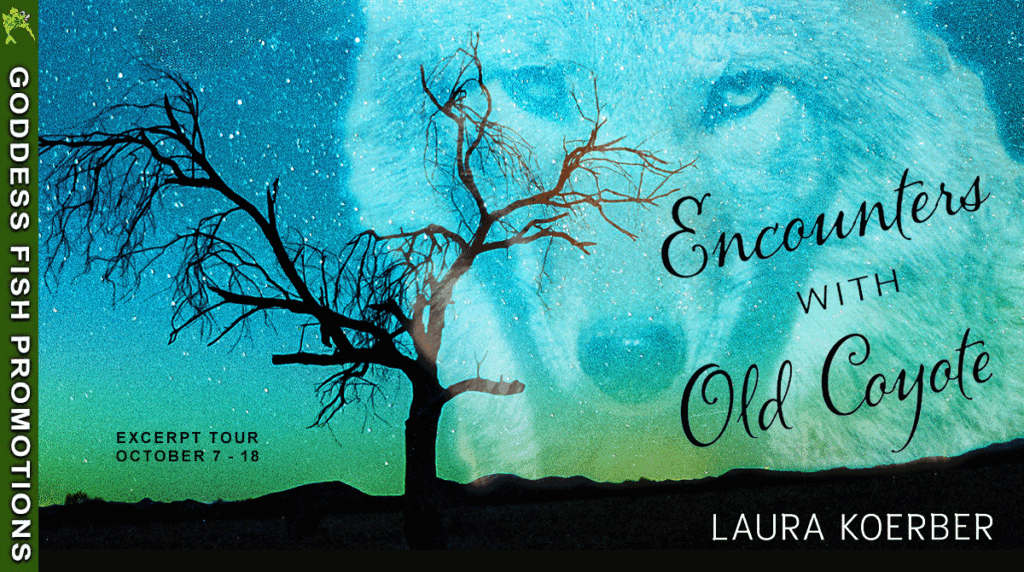
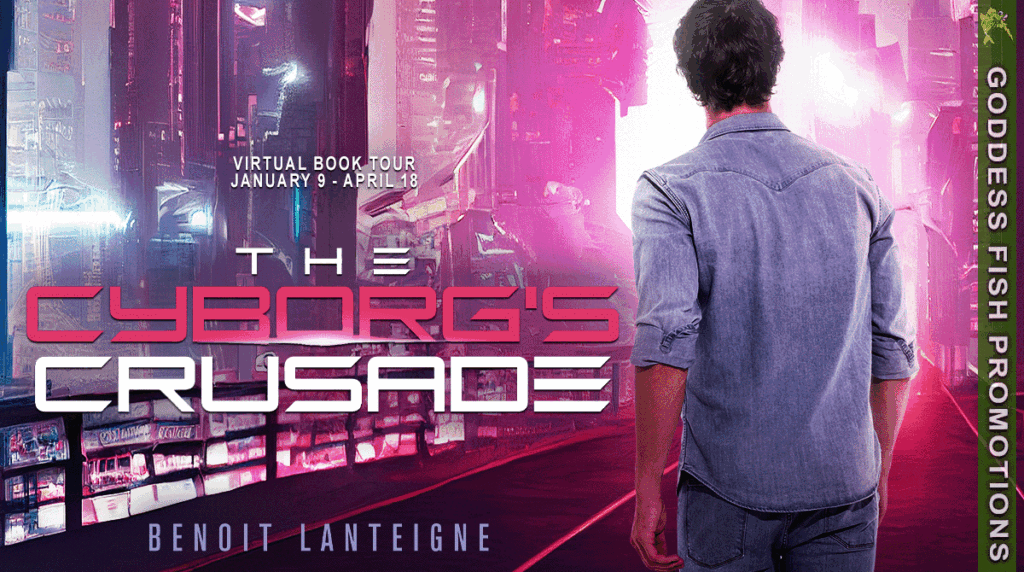
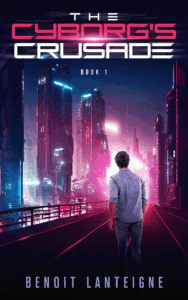 How did it come to this? My life used to be so simple. Back then, I hated it; I found it boring. Let me tell you: boring’s good. Boring’s great! I should’ve been thankful…
How did it come to this? My life used to be so simple. Back then, I hated it; I found it boring. Let me tell you: boring’s good. Boring’s great! I should’ve been thankful…